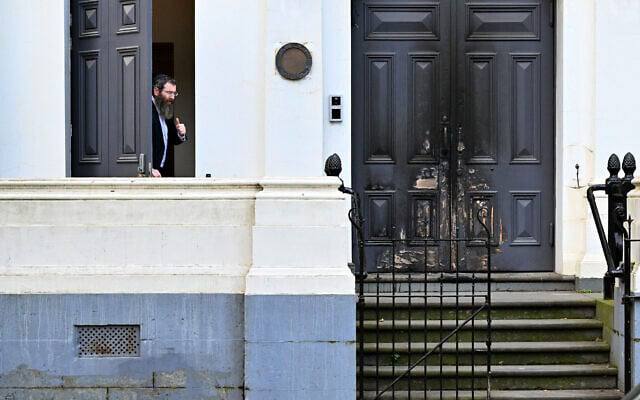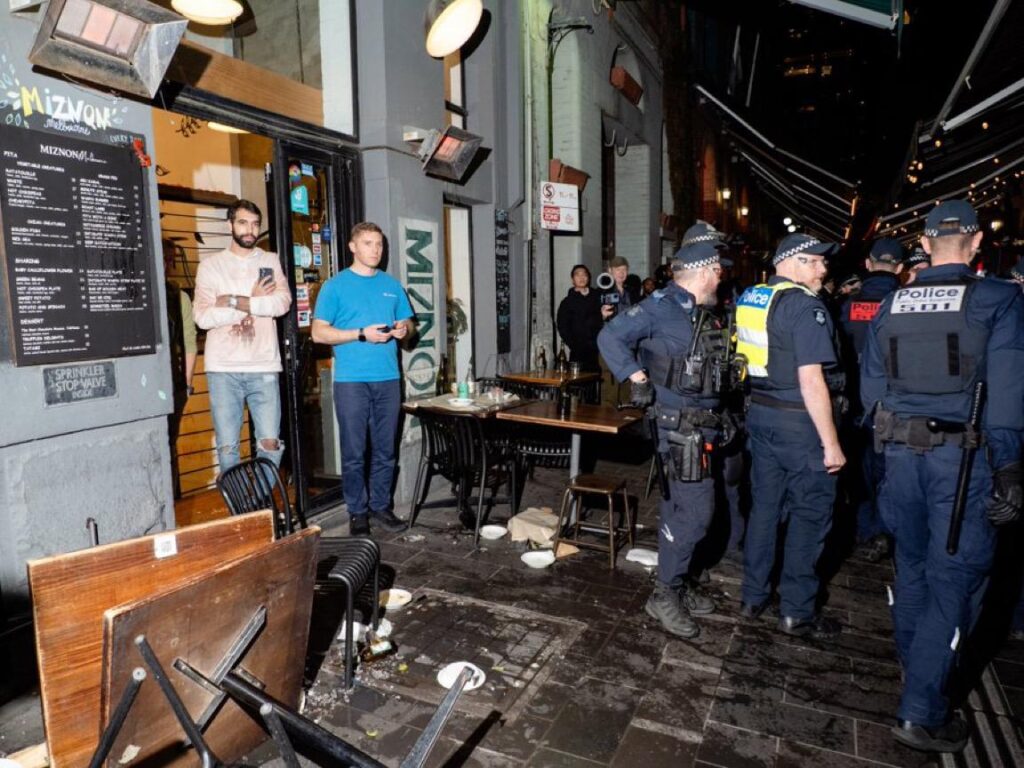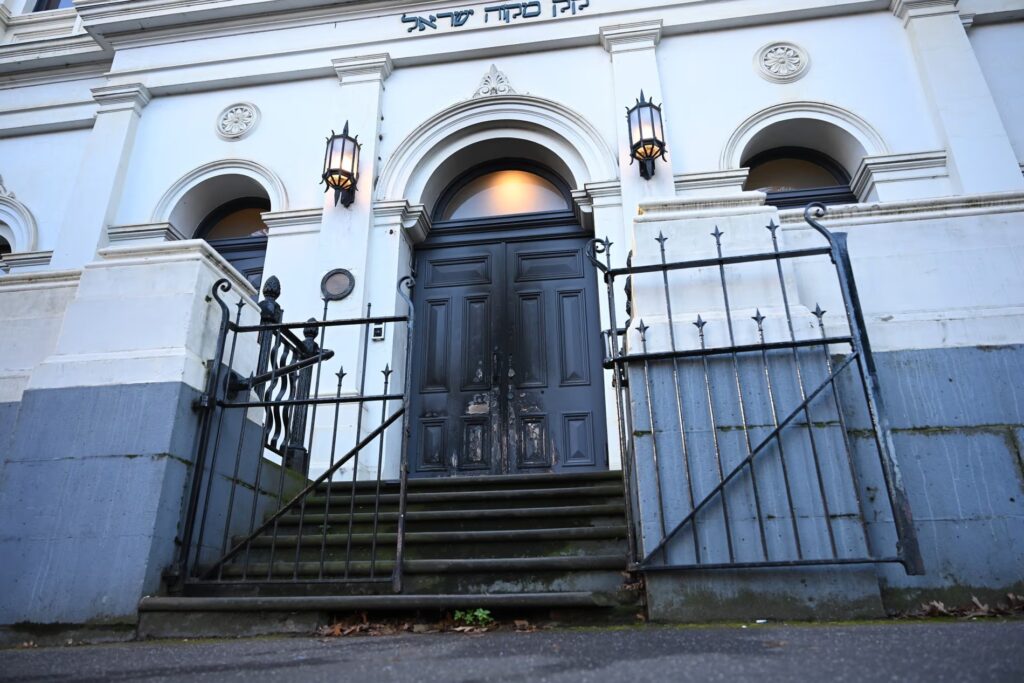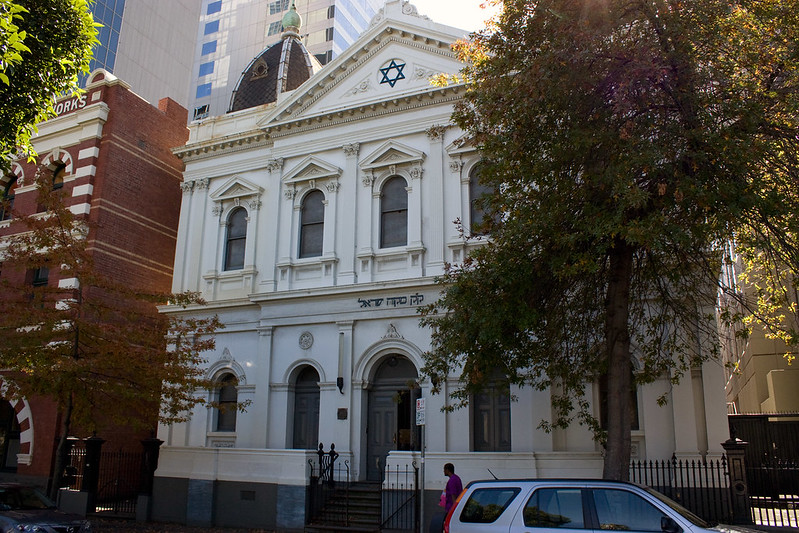FRESH AIR
Bennett-Lapid Gov’t passes budget, boosts Arab and Druze sectors
November 5, 2021 | Ahron Shapiro

Israel’s first budget in three years received final Knesset approval on Friday morning, Israel time, ensuring the longevity of the Unity government of Prime Minister Naftali Bennett and Alternate Prime Minister and Foreign Minister Yair Lapid and providing the foundation for the politically diverse coalition to advance a variety of policies.
At the same time, in recent days the Government has followed through on a number of significant campaign promises affecting Israel’s ethnic minorities, establishing three new Bedouin Arab towns in the Negev and upgrading the municipal status of the mostly Druze Galillean town of Maghar, making it the first Druze city in Israel.
Israel’s budget for 2021 is set at 432.5 billion shekels (A$188.17 billion), rising to 452.5 billion (A$196.88 billion), in 2022.
Failure to pass a budget would have triggered early elections, as what/had happened in the previous Knesset. Israeli political analysts noted that Opposition Leader Binyamin Netanyahu’s failure to prevent the budget’s passage has made his road to a future return to the Prime Minister’s Residence that much longer and harder.
In the Times of Israel, Haviv Rettig Gur wrote that passing the budget was difficult, as coalition partners had to accept that their ideological opponents within the Government would benefit as well. And yet, he wrote, this spirit of compromise has become a virtue in itself:
The new government now fancies itself more than a momentary union to oust a long-sitting premier; it is, in its own imagination, an alliance fighting for the principle that good governance must trump petty politics and responsible stewardship triumph over personal ambition. With the budget’s passage, it has found its grounding ideology.
Rettig Gur also noted that, once it became increasingly clear that the budget was going to be passed, the Likud and other opposition parties began to tone down their rhetoric and engage more constructively with the process.
Meanwhile, also at the Times of Israel, Ricky Ben-David examined the reformist nature of this budget in the way it will accompany a variety of policy changes in matters of technology, religion and state, minority affairs, housing and the environment.
It includes sweeping reforms of the kashrut establishment and the agriculture industry, considerable changes to import policies and processes, significant banking reforms, steep taxes on disposable plasticware which have already been implemented, and nearly [US] $10 billion (A$ 13.52 billion) in funding over five years to improve the socioeconomic conditions of Israel’s Arab minority. The budget also includes a broad program to boost artificial intelligence-based technologies, a housing plan to address soaring prices, and permission for commercial real estate developers to convert office space into residential units.
Meanwhile, in related news, the Government announced the creation of three new Bedouin Arab towns in the Negev on Wednesday, essentially legalising unauthorized encampments that have been a contentious issue for many years.
Advocating for Bedouin settlement in the Negev had been a key campaign plank for Islamist Arab Ra’am party, whose voter base is largely comprised of members of this community.
The move followed the October 27 announcement by Interior Minister Ayelet Shaked that the town of Maghar in the Galilee would be upgraded to the status of a city, making it the first Druze-majority city in Israel, and opening the door to expanded municipal, commercial, and residential investment and development.
As Ariel Ben Solomon of the Jewish News Syndicate (JNS) noted in a November 4 article on the budgetary windfall directed towards Israel’s Arab sector, the US $9.6 billion (A$ 12.98 billion) allotment to this community represents by far the largest such initiative in Israel’s history. In 2015, under then-Prime Minister Binyamin Netanyahu, a five-year budget deal disbursed between 10 billion and 15 billion shekels (A$435 to A$6.52 billion).
Photo: Haim Tzach, GPO
Tags: Arabs, Bedouin, Israel, Naftali Bennett, Yair Lapid
RELATED ARTICLES

‘Optimism’ for Hamas to ‘exile’ their power and create a permanent ceasefire with Israel: Joel Burnie on Sky News

Australian government’s response to Iran-Israel conflict ‘disappointing’: Paul Rubenstein on Sky News

UNRWA feeds the ‘Palestinian delusion’ of no Jewish state: Dr Einat Wilf on Sky News




















